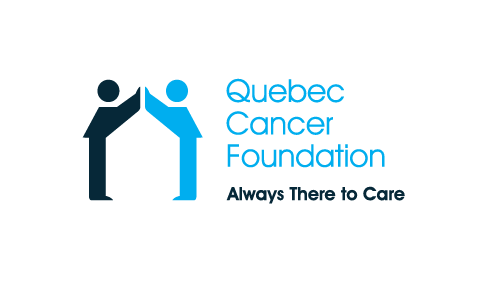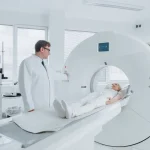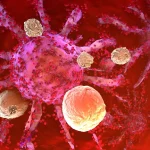Benefiting from immunotherapy
What treatments are best for what types of cancer?
Immunotherapy, a fast-moving research sector, covers various treatments, either for a single type of cancer or for different cancers.
It is thus important to avoid comparing one person’s treatment protocol with that of another, for every therapy is designed on the basis of the specific characteristics of given cancer cells. Immunotherapy is for this reason considered personalized medicine.
All treatment options in oncology, including immunotherapy, are assessed by a multidisciplinary team to arrive at the best treatment plan. The final decision as to which approach to adopt is taken with the patient’s input, after he has been given information on the expected benefits, side effects and risks of the various options.
Immunotherapy administration
Immunotherapy can be conducted in a number of ways:
- Subcutaneously (under the skin)
- Intravenously (in a vein)
- By intralesional (directly in the tumor) (interleukin-2)
- With eye drops (alpha interferon)
- Through the bladder (BCG)
The majority of new-generation immunotherapy medications are administered through an IV (intravenous) infusion lasting anywhere from 30 to 60 minutes. Medications are administered every 2, 3 or 4 weeks, and many of them can be given at an outpatient chemotherapy clinic. Some, however, will require that the patient be hospitalized and closely monitored. Treatments, moreover, are given according to a previously established administration protocol tailored to the patient, and the protocol’s treatment sessions are referred to as “cycles”, with each cycle including the administration time and a recovery period. Immunotherapy can be given on its own or be combined with another type of immunotherapy or alternative treatments such as chemotherapy, targeted therapies or radiotherapy.
The oncology treatment team closely monitors a patient’s reaction to treatment along with any negative side effects. Precautions are taken when conducting this follow-up: the oncologist visits the patient on a regular basis and blood work is done prior to every treatment (to measure various parameters such as hemoglobin level or white blood cell count). Treatment must sometimes be postponed, depending on bloodwork findings or if a patient suffers too many side effects at some point. Should a patient prove highly intolerant, the treatment may be stopped temporarily or definitively; it can also be replaced by another type of therapy.
Exams such as a CT scan (CT, CAT scan, scanner, MRI) are regularly prescribed during therapy, as they allow for verifying the effectiveness of the treatment as well as any symptoms or negative side effects.
A meeting is usually held with an oncology pharmacist prior to the onset of treatment. This practitioner will prepare a report of the patient’s current medications, including any natural products being taken. The patient may be asked to stop taking natural products during cancer treatments, as they can negatively impact the therapy’s effectiveness. The pharmacist will also provide clear instructions on the use of various products as needed.
Immunotherapy is not an option for pregnant women, as there are too few studies in this regard.
Sexually active patients are urged to use a contraceptive method during the entire duration of the treatment and for a further 5 months after the therapy is completed. Breastfeeding is also frowned upon during treatment. Patients can, however, continue enjoying an active sex life.































